IFTJ14: The Hope That We Are Not Fighting Alone
BY GUEST BLOGGER | November 13, 2014
written by: Abigail Amico | Saint Louis University ’16
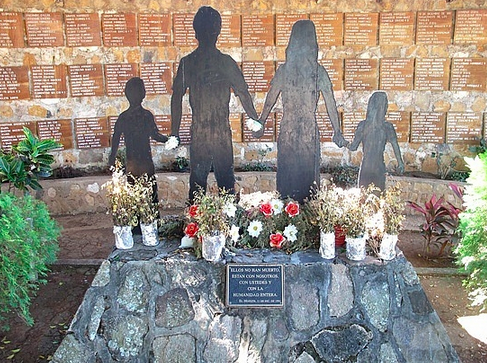
Memorial to those who died at El Mozote
As the time for the Ignatian Family Teach In and the memorial of the Jesuit Martyrs draws nearer, I have begun to think more and more about my time in El Salvador, and I am beginning to feel the way I did when I got back. I feel hopeless, overwhelmed, and furious. Mix that with the turmoil that has hit St. Louis and that is going to soon return with vengeance and heartbreak, and the world is a lot to handle.
I think in a lot of ways though, I need to continue to think about my time in El Salvador, particularly my time at El Mozote. The trip was after the delegation and I had spent time in the community of Las Mesas, and in the midst of our journey to learn more about what had actually happened during the Civil War. When we arrived at El Mozote, a woman approached us and began to tell her mother’s story. She talked about how her mother was the only survivor in a city of 10,000 people. How they were killed for being poor, “supporting the guerrillas” or feeding people, and for being in the wrong place at the wrong time. They came at night and locked the children in a room, the men in a room, and the women in the room. They raped the women, burned the children alive, and shot the men. And I was standing there, dumbfounded. I was standing where children had once cried for their mothers who could not save them, where men fought for their families and lost. And there was one woman who everyday lived with the pain of being the only survivor. I remember what struck me most was that she had just given birth, and for weeks afterwards produced breast milk for a baby that no longer existed in this world.
Then I think of the four churchwomen, who wanted to do something good, or Oscar Romero. When I watch the documentaries and the films created about the lives of these heroes, I get sad, and I get angry. There, historians are talking over footage of places where I’ve once stood. When I showed up about 30 years to late. Where the country I call home demolished the country that I fell in love with. In my head it’s all still so real, and I was not even alive when it happened. I could not even find El Salvador on the map before I got there, and now I close my eyes and sometimes it is all I see.
But when I remember El Salvador, and I remember the lives lost, I also remember to not give up in frustration. Because as we were all reflecting on our time at El Mozote, a woman, a large campesino who had been listening to the radio, came sprinting toward us. “El Papa es una Jesuita! El Papa es una Jesuita! She was running, and it took awhile, and a translator, to get the whole story. But Pope Francis was elected while I was standing in El Mozote, and the hope that the Salvadorans are known for became alive in my own life. A South American Jesuit Pope! It was and is still one of the biggest realizations I have had, realizing that my life is important and it can matter to other people, because we have a pope who cares, we have priests who care, and long before me or the Salvadoran martyrs, we had lay people who have cared.
The Ignatian Family Teach-In can be a moment where all those who care can come together. It can be the El Mozote, talking about tough issues, injustices, and the losses along the way. But it can also represent the hope in that woman’s voice. The hope that we are not fighting alone, and the importance that we are fighting at all. In the ashes and in the mourning we can begin to once again plant seeds of justice and solidarity.
ISN welcomes faith & justice related blog submissions from members of the Ignatian family. Please let us know of any blog ideas or posts using this form: ISN Blog Ideas

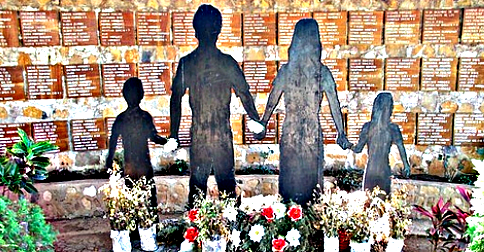
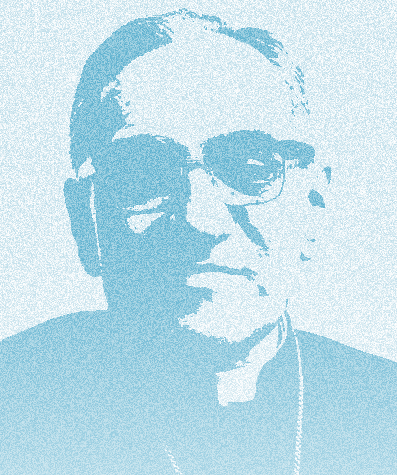

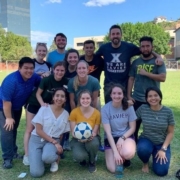

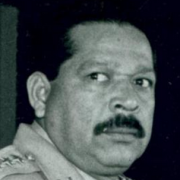
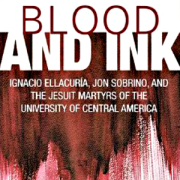


Leave a Reply
Want to join the discussion?Feel free to contribute!